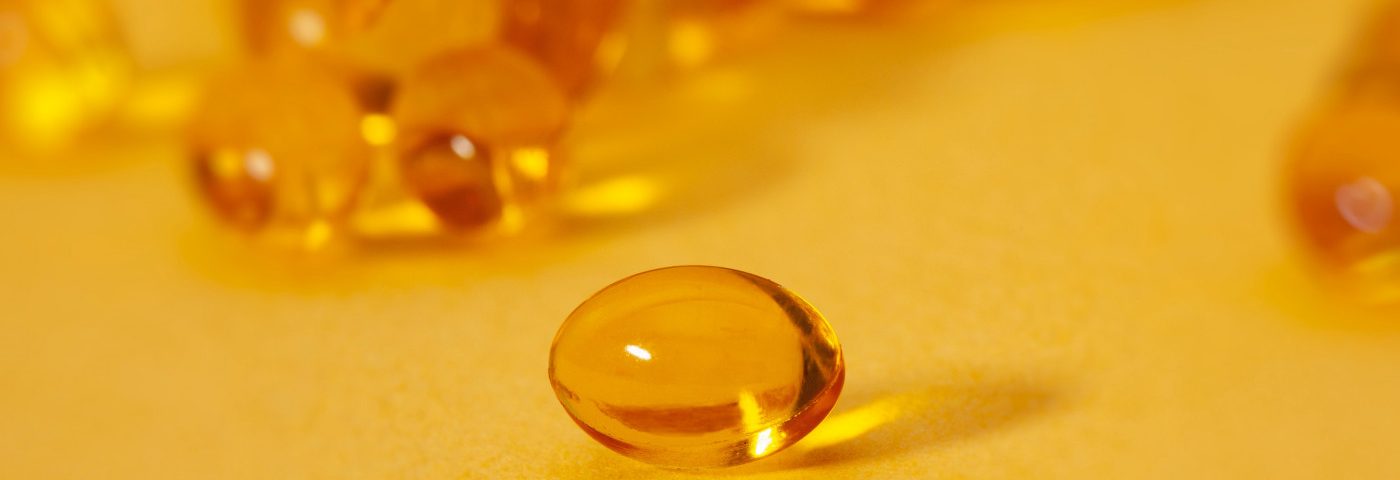Phenylketonuria (PKU) is a rare inherited metabolic disorder characterized by the buildup of an amino acid called phenylalanine (one of the building blocks of protein) in the body. We get phenylalanine from our diet and some artificial sweeteners.
People with PKU have mutations in the PAH gene, which provides instructions for making an enzyme called phenylalanine hydroxylase (PAH) that metabolizes phenylalanine. Patients with PKU can’t break down phenylalanine efficiently, so it builds up every time they eat protein. In severe cases, untreated PKU can cause seizures and brain damage.
If you or your child has been diagnosed with PKU, your doctor may recommend a special diet, enzyme replacement therapy, or medication.
PKU diet
PKU is treated first with a low-protein diet. Normal infant formula and breast milk contain phenylalanine, so infants diagnosed with PKU require a low-phenylalanine formula.
As your child grows, you must maintain this low-protein diet. How little is low? It depends on the patient and the severity of the disease. Your doctor and a trained dietitian can help you figure out the best diet for your child moving forward.
Many children and adults with PKU continue to drink a protein shake that provides the protein they need, but is low in phenylalanine. Many patients are able to manage their disease with dietary changes.
Enzyme replacement therapy
Palynziq (pegvaliase-pqpz) is an approved enzyme replacement therapy to treat adults with PKU. The treatment, an injection, contains a modified form of the PAH enzyme. The treatment replaces the enzyme that patients can’t make normally. While taking Palynziq, patients still may need to remain on a low-phenylalanine diet.
Medications
Kuvan (sapropterin dihydrochloride) is a medication that activates an enzyme that helps the PAH enzyme work better. The U.S. Food and Drug Administration (FDA) has approved Kuvan for both adults and children with PKU older than 1 month.
Patients should use this medication in combination with a low phenylalanine diet, rather than as a substitute.
Last updated: April 30, 2020
***
Phenylketonuria News is strictly a news and information website about the disease. It does not provide medical advice, diagnosis, or treatment. This content is not intended to be a substitute for professional medical advice, diagnosis, or treatment. Always seek the advice of your physician or other qualified health provider with any questions you may have regarding a medical condition. Never disregard professional medical advice or delay in seeking it because of something you have read on this website.

